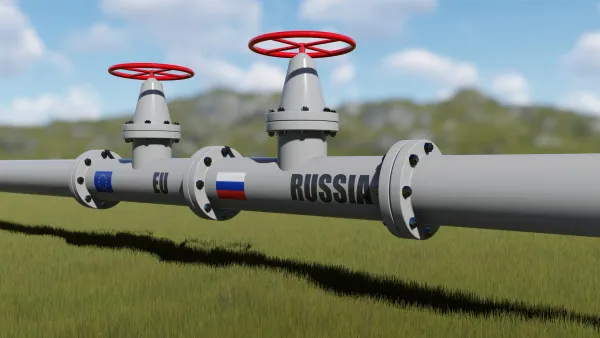
Sanctions oil shock: What awaits Central Europe’s markets
The Central and Eastern European oil market is entering a new era as a result of the US measures aimed at restricting Russian crude exports.
A collection of 224 posts

The Central and Eastern European oil market is entering a new era as a result of the US measures aimed at restricting Russian crude exports.
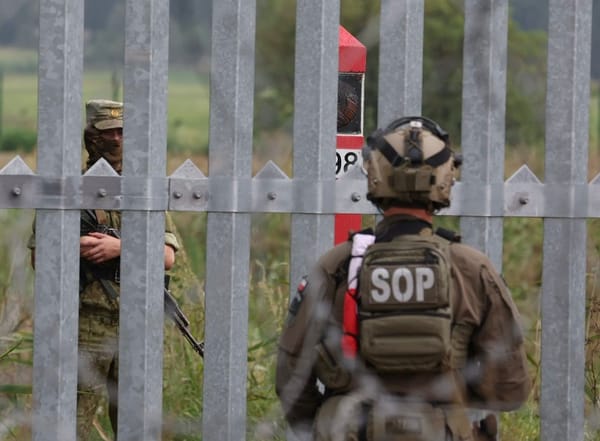
Von der Leyen's visits to frontline NATO states aims to deliver a message of solidarity while boosting Europe’s defence capacity, promoting joint procurement and galvanising industrial support through the EU’s SAFE mechanism.
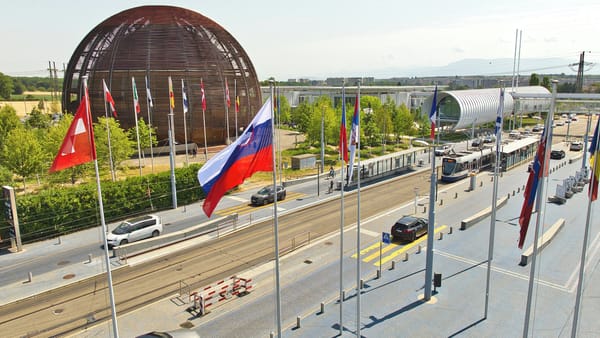
Slovenia has more than doubled its public R&D spending in a decade, to nearly 0.9 % of GDP, the highest share in CEE, an Erste Bank Research report published on 6 August found.

Research by TechBehemoths shows that strong education systems, multilingual talent pools and EU-level legal protections keep CEE competitive for global tech outsourcing and nearshoring.
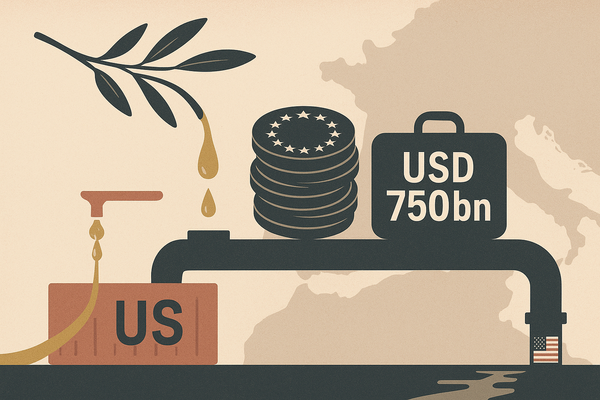
The World Bank forecasts regional growth of 3.1% in 2025, and finance ministries say cushioning the tariff shock will be essential to meeting that target. However, regional industry groups are warning of mounting pressure on Balkan economies.
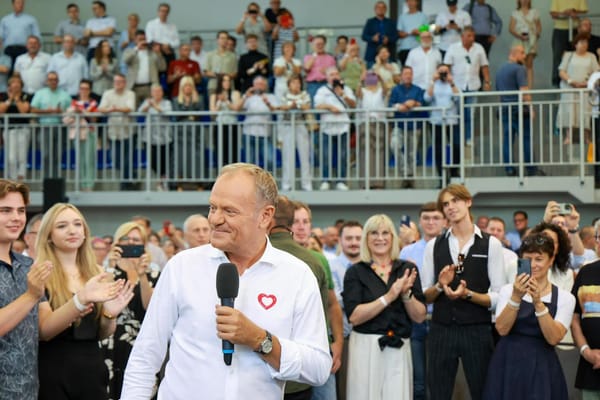
The model reflects past moves in Hungary and Romania to centralise economic power, often justified as way to improve implementation. Poland’s approach, however, appears more technocratic, with few political figures outside the prime minister and foreign minister elevated.
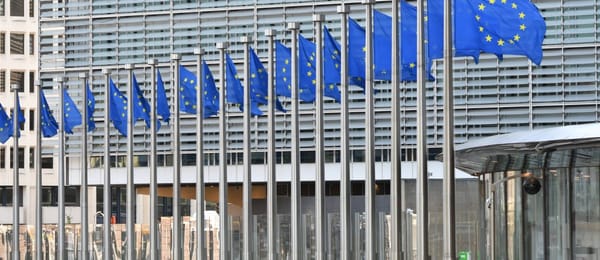
The EC is expected to present the proposal formally as part of its mid-term budget review later this year. The plan must be approved unanimously by all 27 member states and endorsed by the European Parliament. Opposition is expected from net contributor countries and regions facing cuts.

CEE contributions include cross-border logistics, public-private coordination platforms, and green recovery initiatives. Regional forums such as the Three Seas Initiative are also expected to play a larger role in financing and implementation.
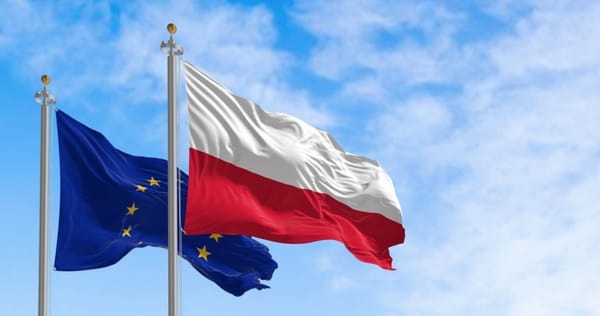
The European Commission (EC) published long-term budget allocation plans on 17 July, showing Poland set to receive the highest national allocation under the 2028-34 Multiannual Financial Framework (MFF), totalling EUR 123.3bn.

Serbia and Bulgaria did not sign the Dubrovnik declaration. Serbian President Aleksandar Vucic has maintained a policy of strategic ambiguity regarding NATO, while Bulgarian President Rumen Radev has voiced concerns about deepening military support for Ukraine.
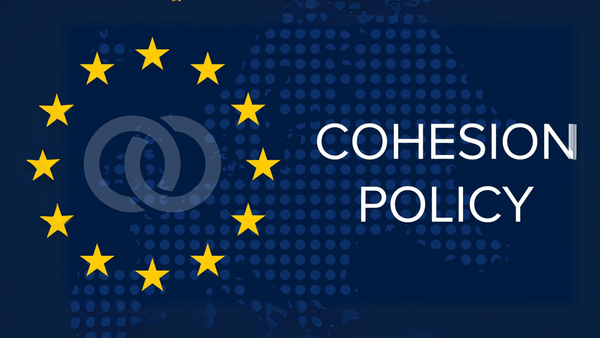
The signatories, including Poland, Romania, Hungary, Bulgaria, Slovakia, Estonia, Latvia and Lithuania, said the policy’s “visibility and predictability” would be compromised if merged into a broader single investment fund.
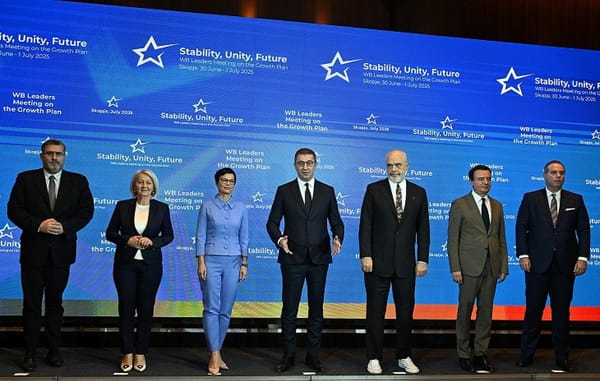
Albania is expected to have opened all the EU accession negotiation clusters by September, EU Enlargement Commissioner Marta Kos said on 1 July at a Western Balkans leaders’ meeting in Skopje, North Macedonia.

Producers in Poland, Czechia and Moldova are rebranding locally and pursuing new strategies to stay afloat after the collapse of major foreign markets, in the wake of Russia’s invasion of Ukraine and Western sanctions on premium alcohol.
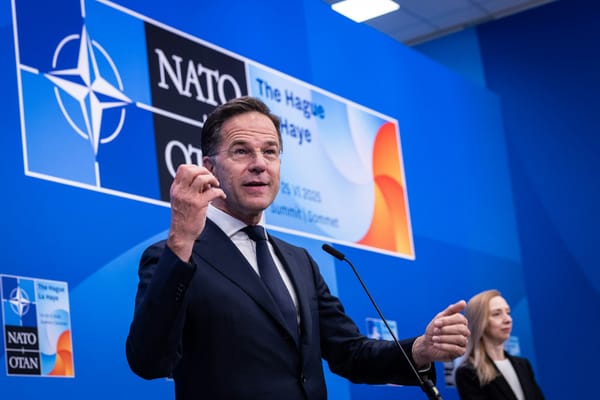
Under the Hague Investment Plan adopted on 25 June, NATO members committed to raise annual defence-related spending to 5% of GDP by 2035. The 5% comprises 3.5% on conventional military capability and 1.5% on infrastructure, cyber-defence and civil preparedness; including support for Ukraine. cet

Hungary has now fallen to the lowest position in the EU for actual individual consumption (AIC), despite its starting position ahead of several regional peers two decades ago.